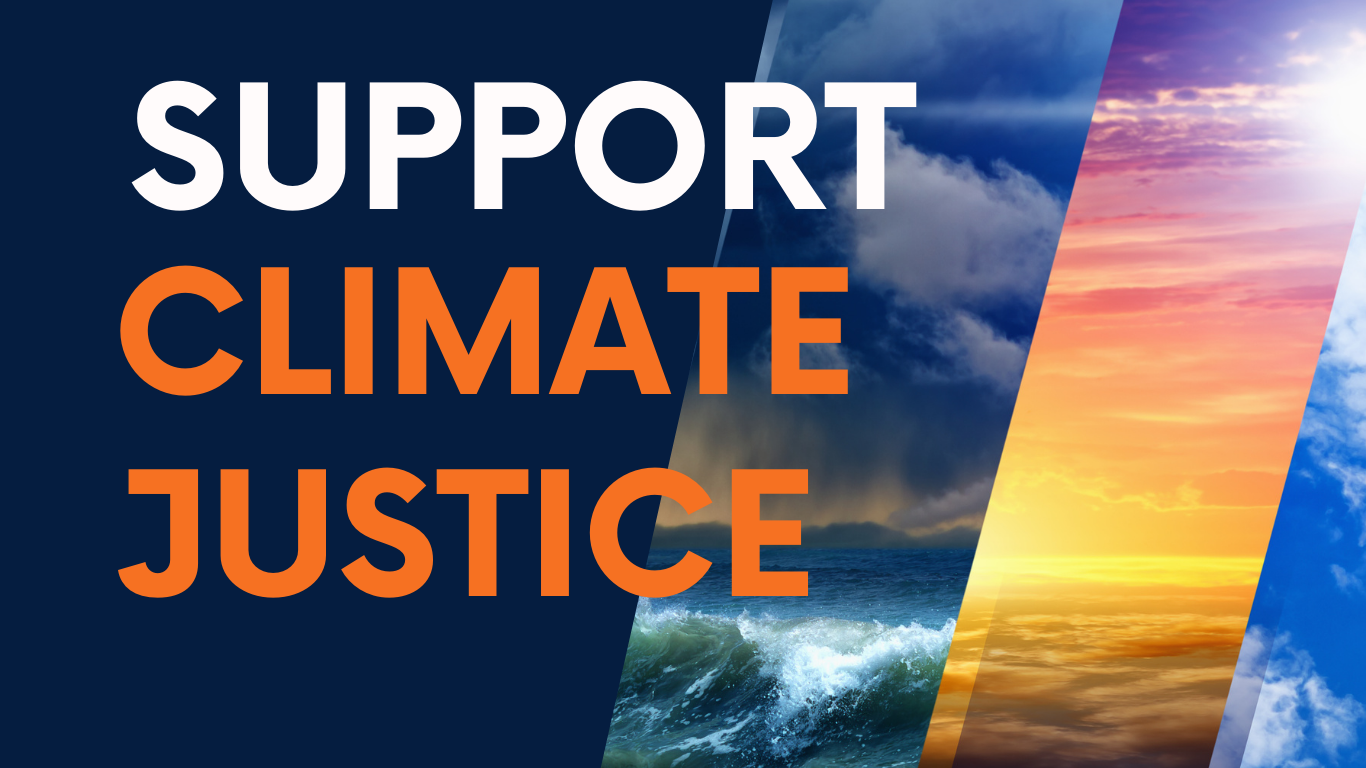This article published by the World Wildlife Fund on September 10, 2024 covers vividly the difference between climate and weather. This is a great starting point for anyone just being introduced to the whole climate change topic. It’s lot, but understanding the basic helps.
Here goes:
Weather vs. Climate: Understanding Climate Change through Attribution Science
Studying the strong links between our warming planet and extreme weather
Date:September 10, 2024
Climate change impacts both people and our planet. From record-breaking heat waves to even drier droughts and overwhelming storm surges, the consequences of the climate crisis have increased in frequency and intensity across the globe. But how do we know that extreme weather events are influenced by climate change?
With advances in climate science, scientists have identified strong links between our planet’s warming and changing weather patterns. This is known as attribution science: the study of to what degree human influence may have contributed to the frequency, intensity, and likelihood of extreme climate or weather events. By using advanced climate models and statistical analyses, researchers compare observed weather patterns with those generated by models that simulate a world without human-induced climate change. This comparison allows scientists to assess the extent to which climate change has altered the frequency or intensity of extreme climate and weather events.
Weather vs. Climate
Two-thirds of Americans (66%) believe that global warming is affecting weather in the United States. Weather is changing due to climate change, so this observation that many are recalling from their personal experience does align with the science. But let us step back for a minute to consider the relationship between weather and climate change. This will help us better understand the relationship between extreme weather events and our rapidly warming planet. Although the two are connected and influence similar factors, such as wind, temperature, humidity, and precipitation, there are important differences.
One way to think about it is that weather tells you what clothes to wear day to day while climate (the average of weather over time) tells you what types of clothes to keep in your closet. The weather of a particular region changes depending on the season, day, or even hour to hour, whereas the region’s climate is the average of weather conditions over extended periods of time, typically 30 years or more.
Climate, which is typically stable over long periods of time, is now changing faster than usual. This is due to an exponential increase of greenhouse gas (GHG) emissions, such as carbon dioxide, methane, and nitrous oxide, in our atmosphere within a geologically short period of time. When GHGs enter the Earth’s atmosphere, they absorb more of the Sun’s heat, trap it in the atmosphere, and prevent it from escaping into space. As a result, this additional heat is re-radiated within the atmosphere and higher temperatures are experienced across our planet, leading to global warming. Through data that scientists have collected over time, we are observing – and experiencing – a more rapid shift in weather patterns and changes to our global climate caused by an unprecedented rise of GHGs in the Earth’s atmosphere.
What are the differences
between weather and climate?
| WEATHERDescribes a series of events that happen each day in a specific region | CLIMATEDescribes the average weather conditions over a long period of time in a specific region |
|---|---|
| ← MINUTES — HOURS — DAYS — MONTHS — YEARS — DECADES — CENTURIES → | |
| Clothes In Your Closet | |
| “Outfit for the Day” | “Wardrobe for the Year” |
| Real-World Examples | |
| “Take a look out the window” | “Watch a time lapse” |
Changing Weather in a Changing Climate:How much has human-induced climate change altered our experiences?
Most Americans believe that global warming is affecting specific weather events in the United States, including extreme heat (74%), droughts (72%), wildfires (73%), and hurricanes (68%), and 79% report being personally impacted by at least one extreme weather event. Science of attribution investigations provide us with critical evidence that human activities are not only changing the global climate but are also directly affecting the weather we experience.
Attribution science has made it clear that many of the dramatic and destructive weather events we’re seeing have been made worse by human-induced climate change. A recent report provides stark evidence: compared to a world without a warming planet, human-caused climate change added about 26 days of extreme heat across the globe. The impacts of climate change are not solely a theoretical risk; we are living through them every day. The strongest example we have is the rapidly heating planet. July 2024 was the warmest July on record for our planet, according to NOAA, and marks the fourteenth consecutive month of record-breaking temperatures. This past year, it was estimated that 78% of the global population endured at least 31 days of extreme heat. These brutal temperatures were more than two times as likely to occur due to human-caused climate change.
As ocean temperatures continue to rise due to human-caused global warming, the global proportion of major hurricanes is also rising. Research suggests that the proportion of major hurricanes in the Atlantic Ocean has doubled since 1980 and major hurricanes in the United States are three times more frequent per century. The Atlantic’s 2024 hurricane season is already shattering records and onto a powerful start with Hurricane Beryl’s rapid intensification from a tropical depression to a Category 4 hurricane in less than forty-eight hours.
Data also indicates that climate change has supercharged the conditions needed for intensified storms and prolonged rainfall. According to NASA, nine of the top 10 years for extreme one-day precipitation events have all occurred since 1995. This has also led to longer and more intense flooding seasons, threatening the safety of communities. In 2017, Hurricane Harvey brought more than 60 inches of historic rainfall and catastrophic flooding across southeastern Texas over the course of four days. Two separate studies evaluating Harvey found that human-induced climate change likely boosted rainfall by about 15% and at least 19%, and both concluded that human induced climate change likely tripled the odds of this extreme weather event. New modelling also suggests that 30 – 50% of flooded properties, up to 50,000 homes total could have been spared flooding during had there been no climate change.
We All Need to Be Part of the Solution
As climate change continues to threaten biodiversity and communities across the globe, it is imperative that everyone does their part to go all in and address these challenges. No single person, government, company, or institution can stop climate change alone. We need to work together across all sectors of society and at all scales to ensure a sustainable, livable, and healthier future for generations to come.
This article was first published by WWF. The original publication can be found here.







